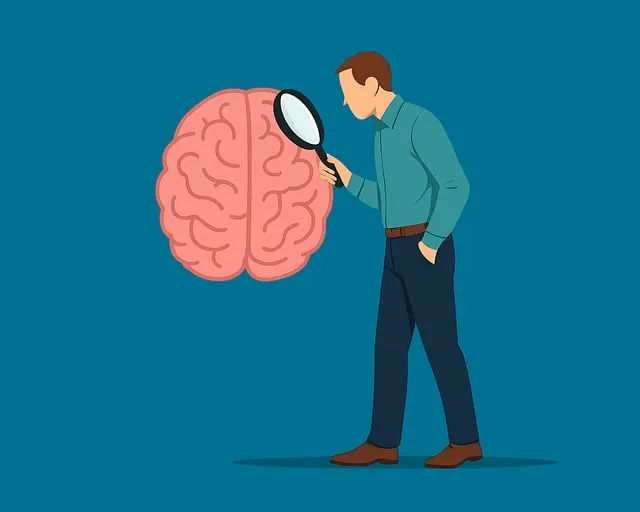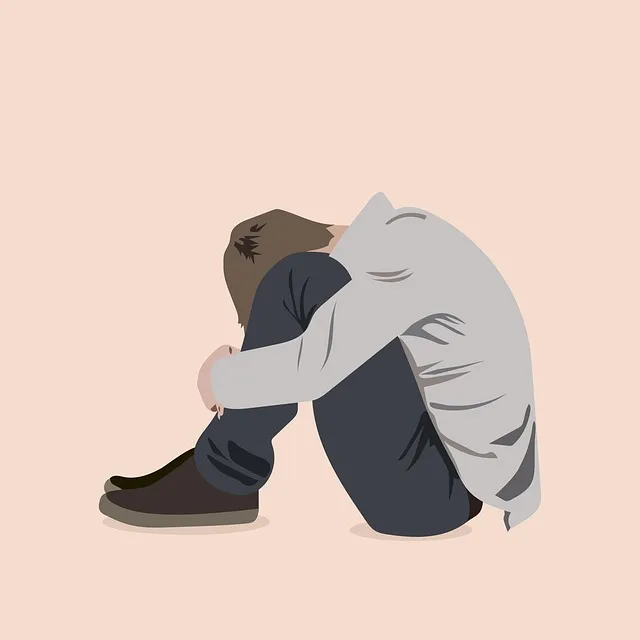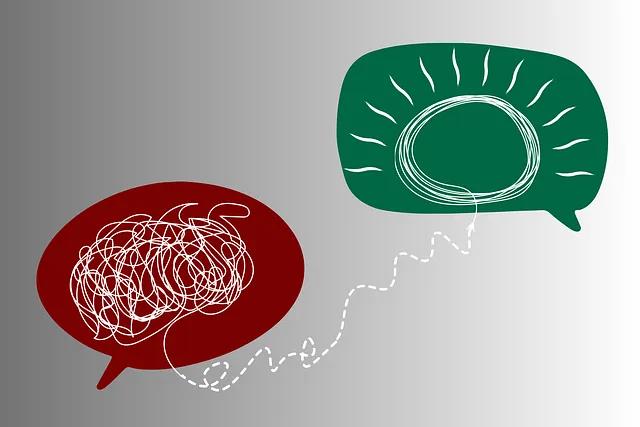The Kaiser Permanente behavioral health center Boulder offers comprehensive services to empower individuals with effective coping skills for stress, anxiety, and depression. Through holistic approaches like Compassion Cultivation Practices, mindfulness, and cognitive reframing, the center fosters emotional intelligence and resilience, enabling people to navigate life's challenges with adaptability and positive thinking. By recognizing unique personal coping styles and providing diverse skillsets, they ensure tailored support for optimal mental well-being and long-term mental wellness.
Coping skills development is an essential foundation for maintaining mental well-being, especially in today’s fast-paced world. Understanding and cultivating effective coping mechanisms empowers individuals to navigate life’s challenges with resilience. In this comprehensive guide, we explore various aspects of coping skills, drawing insights from the expertise of Kaiser Permanente Behavioral Health Center Boulder, a leading provider of behavioral health services. Discover practical techniques to identify personal coping styles, build resilience, and integrate these skills into your daily routine for improved long-term mental health.
- Understanding Coping Skills: A Foundation for Mental Well-being
- The Role of Kaiser Permanente Behavioral Health Center Boulder in Teaching Effective Coping Strategies
- Identifying Personal Coping Styles: Strengths and Challenges
- Building Resilience: Practical Techniques for Daily Life
- Long-term Impact: Integrating Coping Skills into a Healthy Lifestyle
Understanding Coping Skills: A Foundation for Mental Well-being

Coping skills are essential tools for navigating life’s challenges and maintaining mental well-being. Understanding and developing these skills is a cornerstone of the services provided by the Kaiser Permanente behavioral health center Boulder. At this leading healthcare facility, professionals focus on empowering individuals to manage stress, overcome adversity, and foster resilience. This proactive approach not only aids in Burnout Prevention but also paves the way for enhanced emotional stability and overall life satisfaction.
The process begins with recognizing that coping is a personal journey. Compassion Cultivation Practices are often at the core of this journey, teaching individuals to be kinder and more understanding towards themselves. By integrating these practices into daily routines, people can build Resilience Building blocks that safeguard them against life’s inevitable ups and downs. Ultimately, investing time in cultivating robust coping skills is an investment in one’s mental health and overall quality of life, as exemplified by the comprehensive support offered at Kaiser Permanente behavioral health center Boulder.
The Role of Kaiser Permanente Behavioral Health Center Boulder in Teaching Effective Coping Strategies

The Kaiser Permanente Behavioral Health Center Boulder plays a pivotal role in empowering individuals to develop effective coping skills. Through tailored programs and services, this leading health center addresses various mental health challenges, focusing on holistic well-being. By integrating evidence-based practices, they teach valuable strategies to manage stress, anxiety, and depression, fostering resilience among their community members.
One of the key contributions is its specialized workshops and therapy sessions that promote positive thinking and confidence-boosting techniques. By engaging in these educational initiatives, individuals gain practical tools to navigate life’s complexities. Moreover, the health center actively engages in public awareness campaigns, highlighting the importance of mental health and providing accessible resources for those seeking support.
Identifying Personal Coping Styles: Strengths and Challenges

Identifying Personal Coping Styles is a pivotal step in Coping Skills Development, as it allows individuals to understand their unique strengths and challenges. At the Kaiser Permanente behavioral health center Boulder, professionals emphasize that different people have distinct ways of dealing with stress, anxiety, or difficult emotions. Some may prefer physical activities like exercise or meditation, which are proven to reduce stress hormones and enhance positive thinking. These individuals often find solace in active coping strategies, leveraging their strength for mental resilience.
On the other hand, challenges emerge when one’s preferred coping style doesn’t align with the situation’s demands. For instance, someone who relies heavily on social support might face difficulties if their network is limited or unavailable during a crisis. Conversely, an individual who leans into creative outlets like art or writing may struggle if they lack the time or space to engage in these activities for stress management. The goal of workshops and programs at organizations focused on Stress Management, such as the Kaiser Permanente behavioral health center Boulder, is to equip individuals with a toolkit of diverse coping skills, fostering adaptability and promoting overall well-being.
Building Resilience: Practical Techniques for Daily Life

At the Kaiser Permanente behavioral health center Boulder, professionals emphasize that building resilience is a key component of coping skills development. Resilience allows individuals to navigate life’s challenges and setbacks with a sense of strength and adaptability. The center offers practical techniques aimed at fostering emotional intelligence and positive thinking, crucial elements in enhancing one’s ability to cope. These strategies include mindfulness practices, stress management techniques, and cognitive reframing, which help individuals develop a more balanced perspective and reduce the impact of negative thoughts.
By integrating these methods into daily life, individuals can prevent burnout and promote overall well-being. Emotional intelligence, learned and honed through various coping skills, enables better understanding and regulation of emotions, leading to improved relationships and decision-making. At the Kaiser Permanente behavioral health center Boulder, they understand that building resilience is not just about overcoming adversity; it’s about cultivating a mindset that empowers individuals to embrace challenges as opportunities for growth and learning.
Long-term Impact: Integrating Coping Skills into a Healthy Lifestyle

At a Kaiser Permanente behavioral health center Boulder, the long-term impact of coping skills development is recognized as integral to fostering mental wellness and promoting a healthier lifestyle. Beyond immediate relief from stress or anxiety, integrating effective coping strategies enables individuals to navigate life’s challenges with resilience and adaptability. This proactive approach empowers them to maintain mental health awareness and prevent recurring issues over time.
The Mind Over Matter principles, championed by Kaiser Permanente’s behavioral health centers, underscore the power of individual agency in managing one’s mental wellness. By learning and practicing coping skills, individuals gain tools to regulate emotions, manage stress, and enhance their overall quality of life. This holistic approach, rooted in evidence-based practices, prepares folks to confront stressors head-on, ensuring a lasting positive impact on their mental health journey.
Coping skills development is a powerful tool for maintaining mental well-being, as highlighted by the expertise of the Kaiser Permanente Behavioral Health Center Boulder. By understanding personal coping styles and adopting practical techniques, individuals can build resilience and integrate these strategies into their daily lives. This comprehensive approach not only enhances overall mental health but also enables folks to navigate life’s challenges with greater ease.






